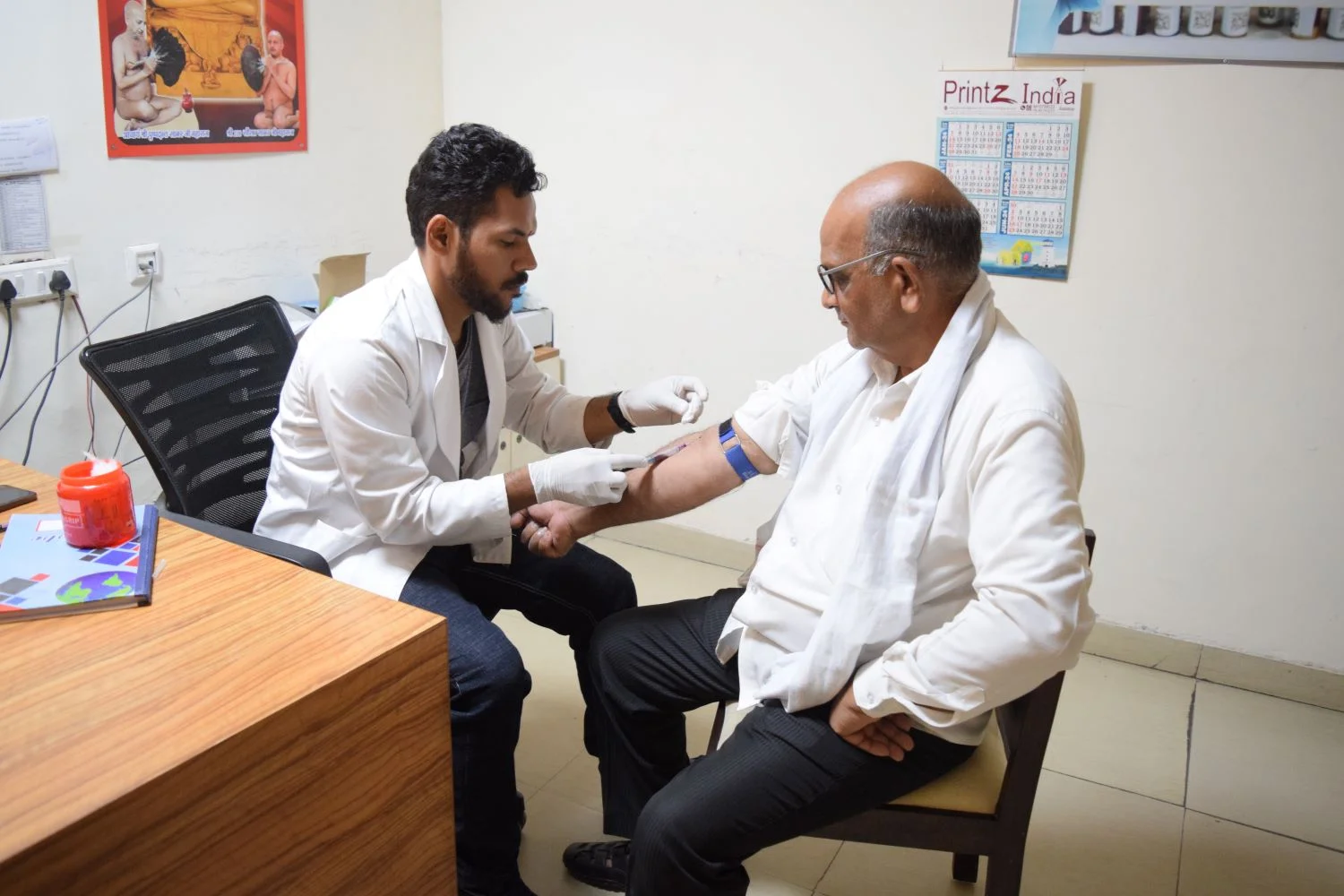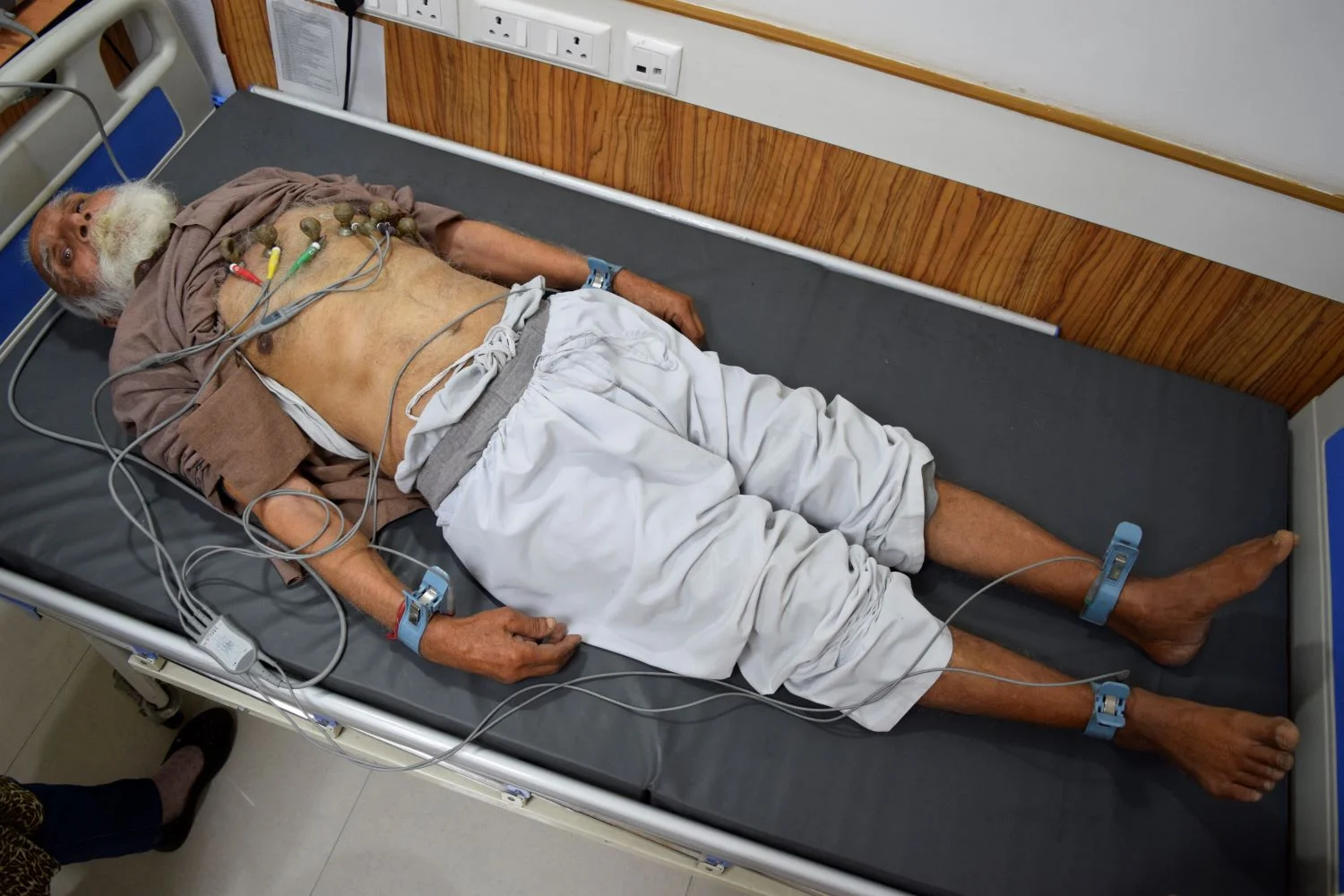Overview
Pathology is a branch of medical science dedicated to the study and diagnosis of disease. It encompasses various aspects, including the examination of surgically removed organs, tissue samples (biopsies), bodily fluids, and, in some cases, whole bodies (autopsies). Pathologists analyze these specimens to understand their gross anatomical structure, cellular appearance using immunological markers and chemical signatures, and genetic profiles through gene studies and markers.
Pathologists specialize in diagnosing a wide range of diseases, including cancer. In fact, the majority of cancer diagnoses are made by pathologists. By observing tissue samples under a microscope, pathologists determine whether a sample is cancerous or non-cancerous (benign). Our Residency Program trains candidates in disease diagnosis to ensure expertise in this critical field.


In addition to diagnostic work, pathology includes the scientific study of disease processes, focusing on the causes, mechanisms, and extent of diseases. Key areas of study include cellular responses to injury, necrosis (cell or tissue death), inflammation, wound healing, and neoplasia (abnormal cell growth). Pathologists also investigate specific disorders affecting individual organ systems. Our research laboratories are dedicated to understanding cellular abnormalities in diseases, with the goal of advancing both diagnosis and treatment.
